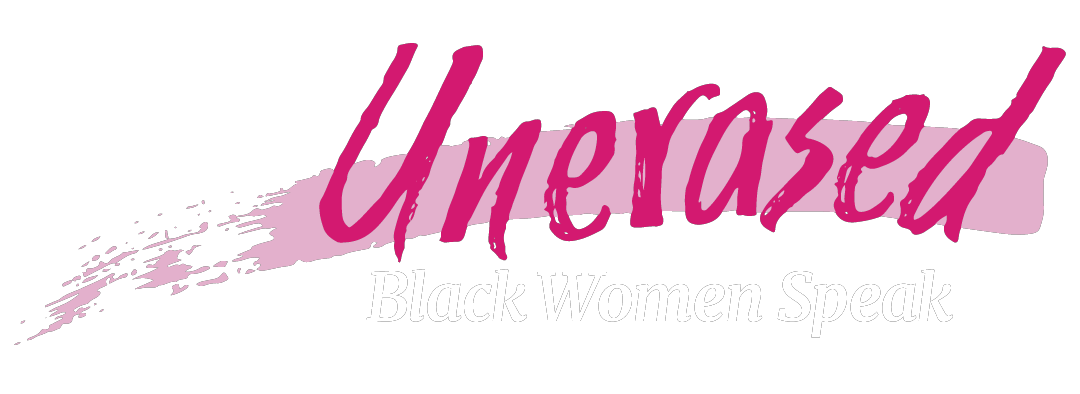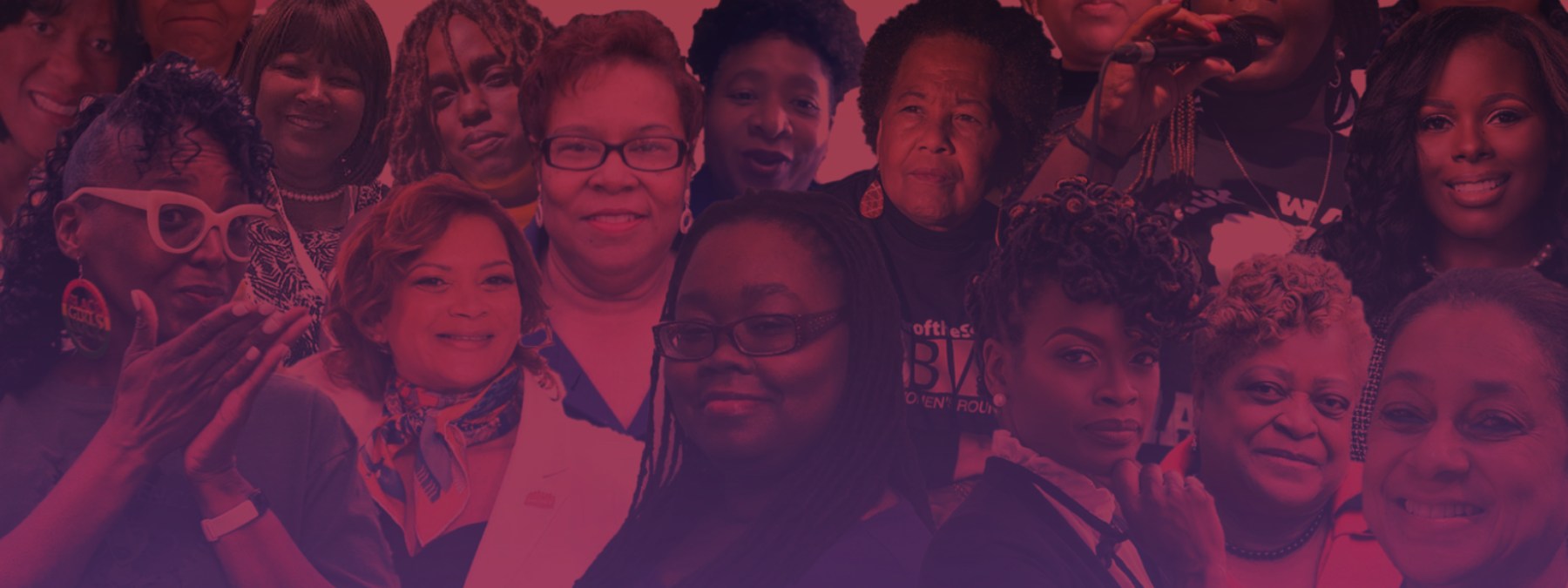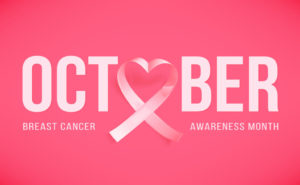The #BlackDataMatters movement is focused on the litany of issues prohibiting clinical trial and research enrollment while demystifying clinical trials for patients and highlighting the importance of participation for patients and their family members.
Earlier this year, breast cancer advocate Sheila McGlown said something striking as part of her patient story on the Ciitizen blog: “I have never known a black woman who has been on a clinical trial until I got on one.”
She wasn’t the only person to bring up the challenges that patients, especially black women, face when seeking additional treatment in today’s health care system. Ricki Fairley, the CEO and founder of Touch, The Black Breast Cancer Alliance, described her difficulties in enrolling a friend into a clinical trial: “It took us three weeks to get her records together to apply for this thing. We spent hours on the phone trying to get her scans from various hospitals. It was crazy. And then she ended up getting excluded anyway!”
Bureaucratic barriers to trial access as well as a general lack of awareness are part of a larger problem when it comes to enrolling black cancer patients into clinical trials. This past week, Ricki joined Dr. Monique Gary on their web series The Doctor Is In, as part of a conversation with Dr. James Lillard Associate Dean of Research at Morehouse School of Medicine, Dr. Sara Horton, Clinical Associate Professor at Howard University Cancer Center, and previously at the FDA, and Sheila McGlown, a 10-year Metastatic Breast Cancer thriver and advocate, to ask a very pertinent question: if breast cancer is disproportionately affecting black women, why aren’t more black breast cancer patients participating in treatments that could ultimately save their lives?
“The participation of black women in breast cancer clinical trials is very low, and yet black women are 42% more likely than white women to die of breast cancer,” Ricki added. “We have to understand what the barriers are to access.” This conversation (link to recording), was part of the weekly Doctor Is In show hosted by Ricki and Dr. Gary, was one of a series of discussions aimed at demystifying clinical trials. Shelia spoke candidly about her trepidation in participating as a cancer patient: “I was afraid of being a guinea pig if I participated, but I had a great relationship with my doctor and I trusted her, which helped me get over this fear and learn more about the benefits of participating in clinical trials. In fact, there was an 80 year old woman on the trial, so I said if she can do it, then I can, too.”
Sheila did however acknowledge that there are barriers to enrollment that need to be simplified to increase patient involvement: “The consent form for my trial was twenty-one pages, so I think they need to make it easier. Also, I was there for eleven hours getting treatment this last time around, so what if I was a single mother? I wouldn’t have time to sit there for that long. So we need to do something to make this easier, especially for black women where statistics show 70% of black women are single parents.”
Dr. Horton spoke about her experience at the FDA working to remove some of these barriers, but also recognized the need for more work: “There is an attempt to make things easier to get over the recruitment barriers, but also to acknowledge that these are in place for the safety of the patient. There was a push by the FDA when I was there, to be more inclusive towards patients who may have a pre-existing condition, but who still want to participate. We’ve been looking at things like child care and rides to and from treatment to get creative and make things simpler for patients.”
Dr. Gary then asked the conversation’s most important question: “What is the action? How do we begin to address these barriers?”
“I think we first need for our doctors to understand black women and their inhibitions,” Sheila stated; “I hear black women say they went to a black oncologist and it was the best visit ever, but it should be like that with every doctor.”
But part of the issue in understanding black women who have cancer is a lack of awareness about black breast cancer as a unique disease. Dr. Gary added: “Over the weekend we participated in a discussion with new breast cancer patients about what is black breast cancer: to the patient, the clinician, and the researcher. We all concluded that we can’t really say what it is. To the patients, it’s being black with breast cancer, but is there a better way to interpret it?”
As to the science behind black breast cancer, Dr. Lillard was clear about the facts: “There are some big differences, especially with mortality rates being 40% higher in African American women as well as being twice as likely to get triple-negative breast cancer than white women. So, there is something behind it. Breast cancer disparities are a real thing.”
He was also armed with detailed examples: “We can think of a number of things that served our ancestors and gave them a biological advantage, but that today allow cancer to grow faster. There’s a common mutation among people of African ancestry, that doesn’t allow the malaria parasites to enter into the blood cell due to the lack of a specific receptor, called DARC. But if you do have that receptor, it helps prevent cancer cells from growing. Lacking that receptor gave our ancestors an advantage against malaria, but today this common genetic difference allows cancer to grow faster. So that’s just one example and there are many others.”
Ricki asked the follow-up question: “In the genetic make-up of black women, do we think we are enough alike to make some determinations as a race?”
“There may be genetic mutations that occur more often in African American women,” answered Dr. Horton; “which doesn’t mean that they can’t occur in Non-African American women, it just means it’s more likely in the African American women population. So I don’t think we’ll be treating African American women differently than other races, but I do think we need to focus on the data we get from the tumors to identify if there is a change that is more often seen in African American women.”
But Ricki came back to the same question: “How do we talk to more black women and help them get over the fear of clinical trials?”
Dr. Gary preached more awareness; not just from advocates, but from doctors directly: “One of the reasons we do this show is to help inform patients about these trials. But we need doctors to do the same. We need them to talk with patients about their options, so we need to do a better job educating our doctors as to our needs.”
Sheila agreed: “I had to read up on these subjects myself, but how are everyday people supposed to understand all the big words and scientific medical jargon? We need to make things easier. You get a great standard of care once you’re on the trial, but getting us to the trial is still difficult. My doctors told me that I would be dead in five years. Statistically, life expectancy for a Stage IV MBC patient is 3-5 years. I am still here today.”
“We need to help patients understand when to ask as well,” Ricki added; “How do I as a patient have the wherewithal to know I even need to ask?”
“Everybody should be asking,” said Dr. Horton; “If you’re unfortunate enough to get a cancer diagnosis, you need to ask your oncologist about clinical trials because unfortunately not all of them are going to present the option. Not every practice has access to clinical trials and not everyone needs a clinical trial, but I always say ask. Do you think I’m appropriate for a clinical trial?”
“It’s important to participate because it may not just benefit you,” said Dr. Lillard; “It may benefit other cancer patients and future patients down the road.”
“And maybe your kids and your grandkids,” Ricki added.
Ciitizen is proud to announce our Clinical Trial Program, currently open to advanced or metastatic breast cancer patients. Patients can now use their medical records to understand their clinical trial options. When you join Ciitizen, not only do you gain access to all your medical records, genomic reports, and images, you can now make your medical records work for you. When you opt-in to Ciitizen’s Clinical Trial Program, you are screened against every single breast cancer trial currently running in the US (over 500!) then receive a custom report letting you know what trials you are a match for today, and what trials you could be eligible for in the future. Filter results by location preferences, phase, therapy type, and more.
We are committed to making Clinical Trials easier to access, starting by helping patients like you know their options.
To join, please visit




